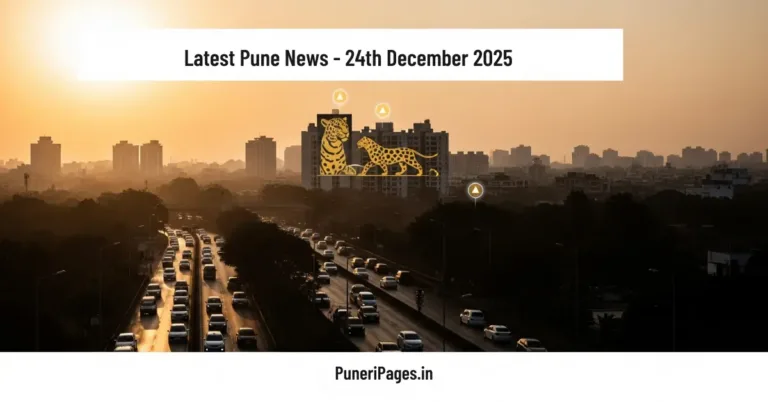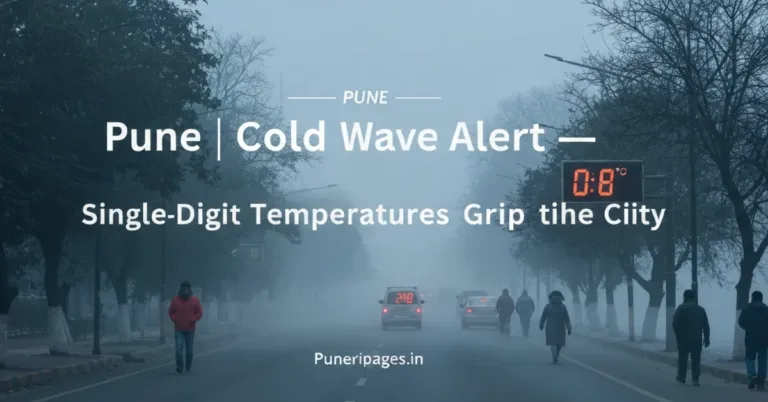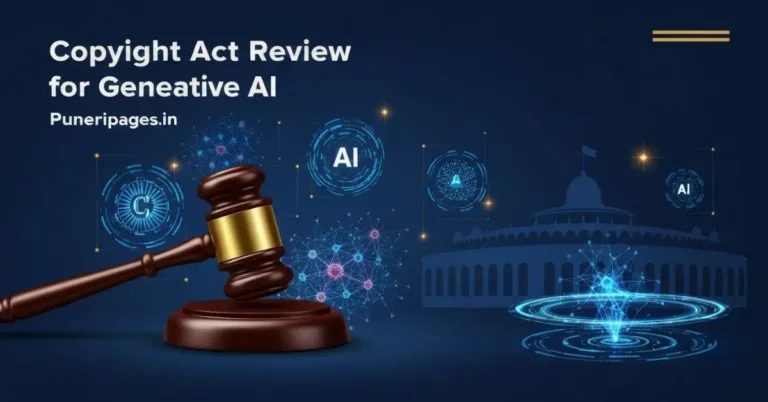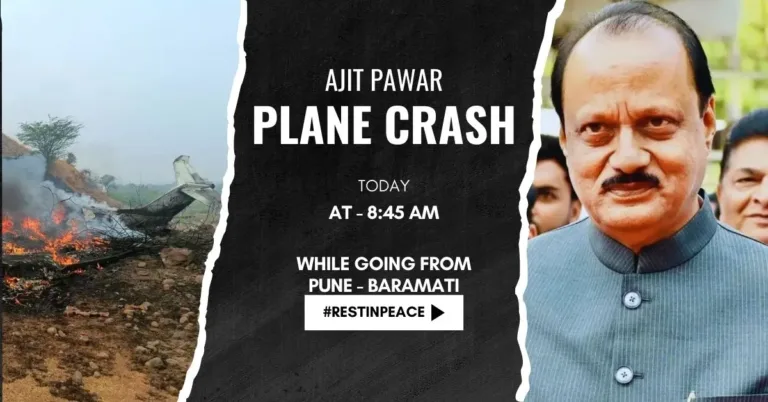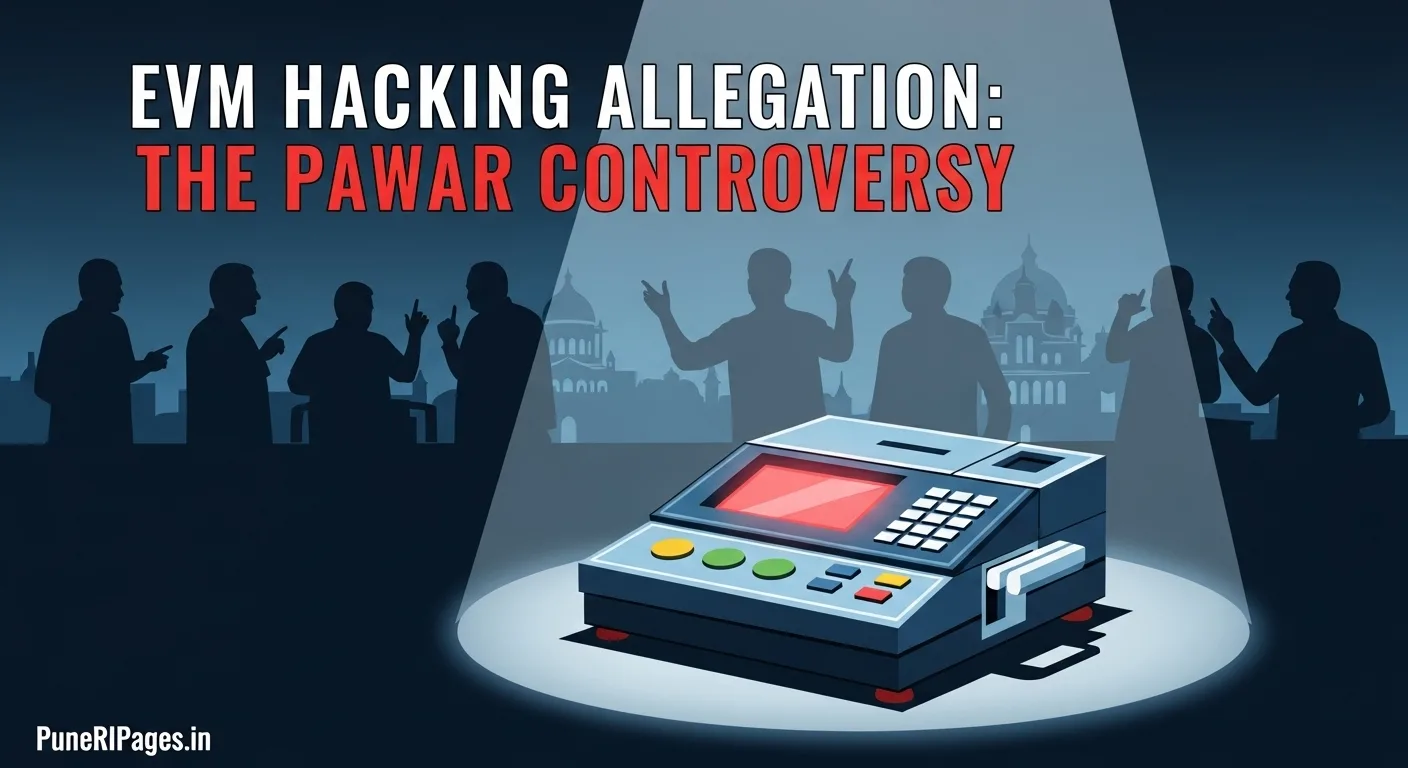
Under the spotlight: The EVM hacking controversy that shook Pune's political circles — exclusive analysis on PuneRIPages.in."
By Prashant for PuneriPages.in
When I first read Congress leader Balasaheb Thorat’s latest statement, I had to pause. He says the two men who offered Sharad Pawar 160 seats weren’t just peddling some shady political promise – they were hinting they could hack EVMs. Yes, you read that right. Hacking the very machines that decide who runs the country.
Let’s back up for a second. A few weeks ago, Pune Police arrested two individuals accused of approaching Pawar with an offer: 160 Lok Sabha and Vidhan Sabha seats, for a price. At first, it looked like just another political con job – you know, the type we’ve sadly come to expect. The investigation has so far focused on a possible financial scam. But Thorat is throwing in a much darker twist.
Table of Contents
Fact vs. Allegation
What we know:
- Two men were arrested for approaching Sharad Pawar with a suspicious proposal.
- Police are probing it mainly as a financial fraud.
What Thorat claims:
- That “160 seats” wasn’t just a number – it was a coded message: We can hack EVMs for you.
The Great Indian EVM Debate
This isn’t a new conversation. For years, opposition parties have questioned whether Electronic Voting Machines (EVMs) can truly be trusted.
The skeptics – Opposition parties say the VVPAT (Voter Verifiable Paper Audit Trail) slips aren’t checked thoroughly enough. Without more rigorous checks, they fear machines could be tampered with.
The defenders – The Election Commission insists EVMs are tamper-proof. No internet connection, one-time programmable chips, and VVPATs for transparency.
This has been a tug-of-war of trust for years, and Thorat’s statement just poured fresh fuel onto the fire.
Why Now? My Read on the Political Strategy
I can’t help but ask: why bring this up now? Is Thorat making a calculated move to:
- Keep the pressure on the Election Commission and ruling party?
- Cast doubt on recent election outcomes?
- Rally opposition supporters around the cause of electoral integrity?
Whatever the reason, his statement shifts the Pawar incident from a possible scam story to a full-blown democracy debate.
Official Response So Far
Pune Police are still focused on the financial angle. No official confirmation of any EVM hacking link. Ruling party voices, predictably, are dismissing the allegation as baseless political theatre.
Final Thought
Look, Thorat’s claim isn’t proven. But it’s undeniably powerful. It drags the already heated EVM debate right back to the top of the national conversation. What started as a bizarre approach to Sharad Pawar is now a spark threatening to reignite one of India’s most contentious political fires.
And if you’ve followed Indian politics long enough, you know this is one story that won’t just fade away quietly.
